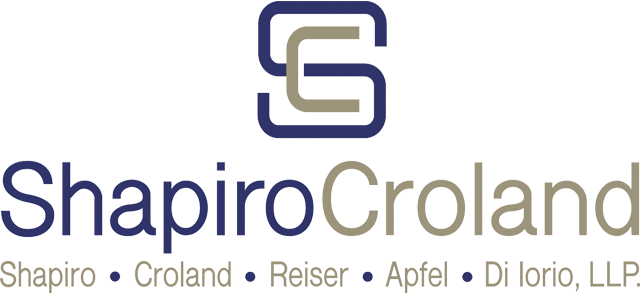This question often comes up during client meetings involving the administration of estates venued in the Superior Court of New Jersey, Chancery Division, Probate. In situations where an estate has insufficient assets to cover all of the decedent's debts do creditors of the estate get paid before beneficiaries?
The short answer is no. Beneficiaries only receive their
bequests after the estate's debts have been
paid. By statute, the Surrogate Court will
direct the estate fiduciary as to the priority
for payment of creditors, much in the same way
that the Bankruptcy Code and bankrputcy court directs the payment
of creditors in bankruptcy proceedings.
In New Jersey the applicable statute governing insolvent estates is N.J.S.A. 3B:22-2, which reads as follows:
If the applicable assets of the estate are
insufficient to pay all claims in full, the personal
representative shall make payment in the following order:
a. Reasonable funeral expenses;
b. Costs and expenses of administration;
c. Debts for the reasonable value of services rendered to the
decedent by the Office of the Public Guardian for Elderly
Adults;
d. Debts and taxes with preference under federal law or the laws
of this State;
e. Reasonable medical and hospital expenses of the last illness
of the decedent, including compensation of persons attending
him;
f. Judgments entered against the decedent according to the
priorities of their entries respectively;
g. All other claims.
No preference shall be given in the payment of any claim over any
other claim of the same class, and a claim due and payable shall
not be entitled to a preference over claims not due. The
commencement of an action against the personal representative for
the recovery of a debt or claim or the entry of a judgment
thereon against the personal representative shall not entitle
such debt or claim to preference over others of the same
class.


